Islamophobia in France becomes more divisive than ever
Following the beheading of a “History” teacher, Samuel Paty, many in France contend freedom of speech should hold no bars, others opine that offensive and abusive language or acts which breach propriety should be barred, hence the widening societal division.
France, that paragon of Equality, Fraternity and Liberty, appears to have become even more divided than it already had been before the offensive publication by Charlie Hebdo. Home to the largest Muslim population in Europe, France on the one hand, with a racist, anti-Islamic and nationalist group of people who are openly discriminatory against Muslims on the other, is facing a national dilemma.
A recent opinion poll shows that the majority of respondents believe the Charlie Hebdo magazine was acting within its rights to publish the offensive cartoons, with the extreme views in the poll most likely coming from the strong far-right supporters in France, who have often made their feelings clear about immigrants and Muslims in the country.
On the other hand, 70% of Muslim respondents claimed that they thought that the publication was inappropriate, improper and sacrilegious, and believed that the offensive images did nothing to promote integration or acceptance of a diverse and multicultural population which France should, in fact, embrace with open arms.
Deepening divisions in France
The question should be whether the publication of the cartoons, and the recent incident involving Samuel Paty, is deepening divisions in France?
When you see that what is happening now is a massive crack down, at least a start of a massive crackdown against Islam itself and against what they call you know Islamic separatism, so we see a form of evolution in the definition of what French, what France sees as its secular identity, which is the secondary identity of France, La Cite as they call it, which has been in place since 1905.
It used to be just a very strict separation of church and state in which religious authorities could play no political role whatsoever. That by itself has never really been much of an issue for Christians, Jews or Muslims, or any other religion living in France, because indeed as a person living in France, you kind of knew what you were signing up for so to speak.
Brecht Jonkers, Author, Activist and Chief Editor, Uprising Today
After so many attacks in France, many of them appearing to be related to extremism, the divisions in France are growing wider than ever. With each incident that occurs, it seems that the underlying resentment and hatred grows, fueling groups such as the far-right who lap up the anti-Islamist hatred with eager pride.
Unfettered Freedom of Speech becomes offensive
Yet it seems that France stands firm in its belief that freedom of speech can be offensive, raising the question as to just when are the French going to learn that respect is a fundamental pillar of integration?
Long before the Charlie Hebdo affair, the Presidency of Francois Mitterand’s socialist party saw a flood of immigrants arrive into France, mostly from North of Africa, and former French colonial states of Western Africa. Since then racism and anti-immigrant rhetoric began to evolve in France, leading to the rise of the likes of the Front National, led at the time by Jean-Marie Le Pen.
Skip forward to today, and the Presidency of Emmanuel Macron has also seen a rise in anti-immigrant sentiment, particularly when it comes to Islam, with one source labeling Macron’s policies when dealing with Islam and integration are on the verge of crisis.
Macron has no tolerance for Islam, both at home and abroad
It seems that Macron has no tolerance for Islam, both at home and abroad, yet, at the same time, Macron demands that Muslims remain tolerant when it comes to their culture, religion and way of life to be insulting and mocked, something that no race, religion or ethnicity should tolerate in the modern world. So is Macron to blame?
And to say, you know, that we don't find this acceptable but saying that already makes you an extremist in the eyes of many politicians and many political movements and their supporters here in Europe, and especially in France, it's almost impossible not to say like, Hey, you know, I do not like ridiculisation of the Prophet I did not like ridiculisation of Islam; because if you say that they immediately say, oh, does that mean that you support terrorism and support decapitating teachers in the middle of the street?
Brecht Jonkers, Author, Activist and Chief Editor, Uprising Today
Anti-Islamic rhetoric is hate mongering.
The international community has also stepped in and condemned the anti-Islamic sentiment in France, with the Iranian foreign ministry spokesman, Saeed Khatibzadeh stating that the actions and promotion of anti-Islamic rhetoric doing nothing more than creating a notion of hate mongering.
“The unjustifiable position adopted by some French officials on the sacrilegious move will only result in hate-mongering.”
Iranian Foreign Ministry Spokesman, Saeed Khatibzadeh
What now remains to be seen is whether France, as multicultural nation can emerge from this period of hatred, and finally set an example of modern day integration, free from racial, religious and other discrimination.
Hezbollah: 47 years of Iranian progress proof of ‘abject failure’ of Western plots
Iran’s Larijani meets Qatari emir amid nuclear talks with US
VIDEO | 47th anniversary of Islamic Revolution celebrated at Iran's Embassy to Holy See
VIDEO | Sana’a marks February 11 anniversary with mass rally at US embassy site
VIDEO | Iran’s Embassy in Ethiopia celebrates 47th anniversary of Islamic Revolution
Saudi leaders congratulate Iran on 47th anniversary of Islamic Revolution
VIDEO | Iranian embassy in Malaysia celebrates Islamic Revolution anniversary
VIDEO | Press TV's news headlines


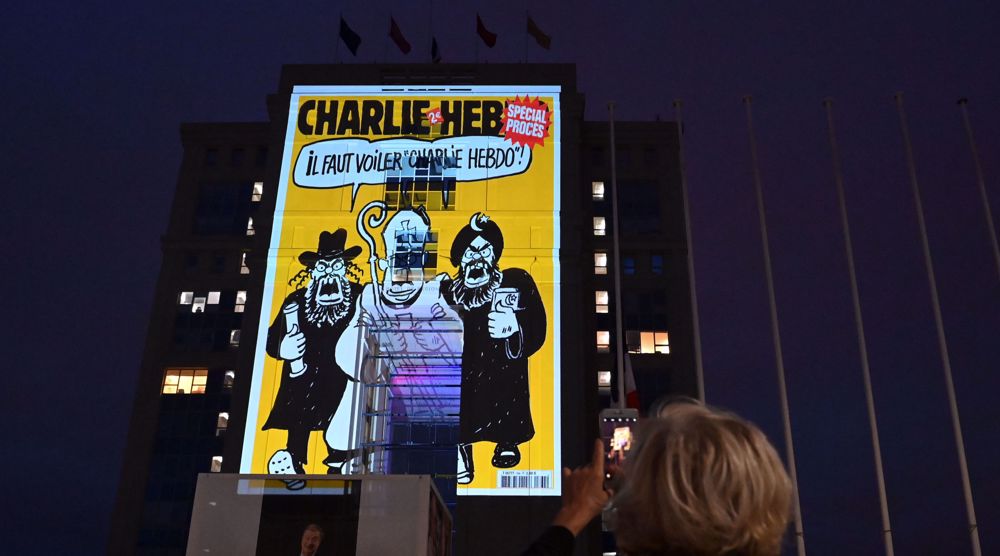





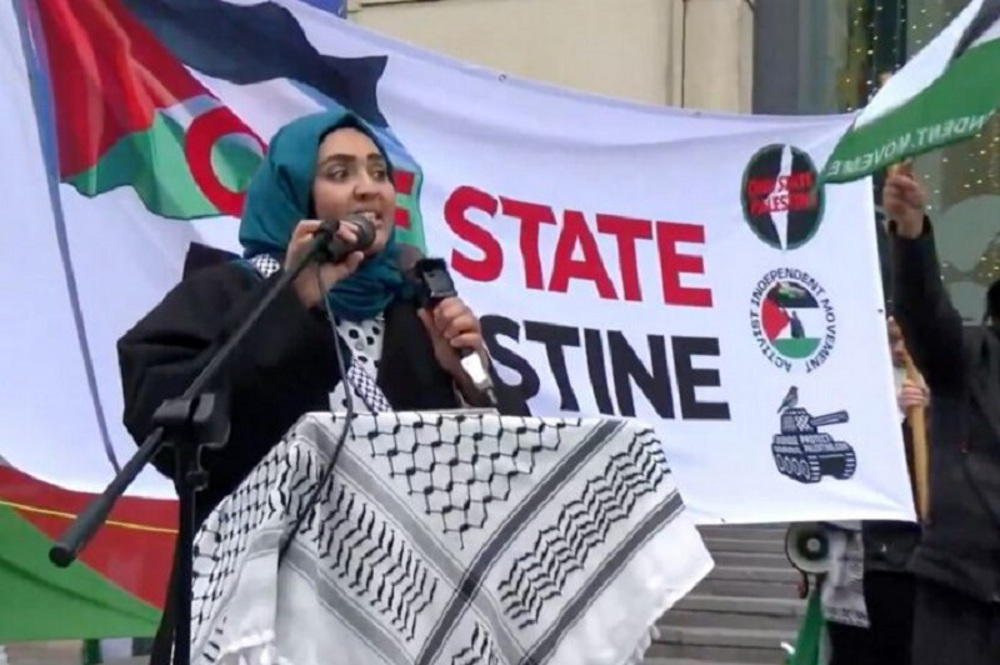

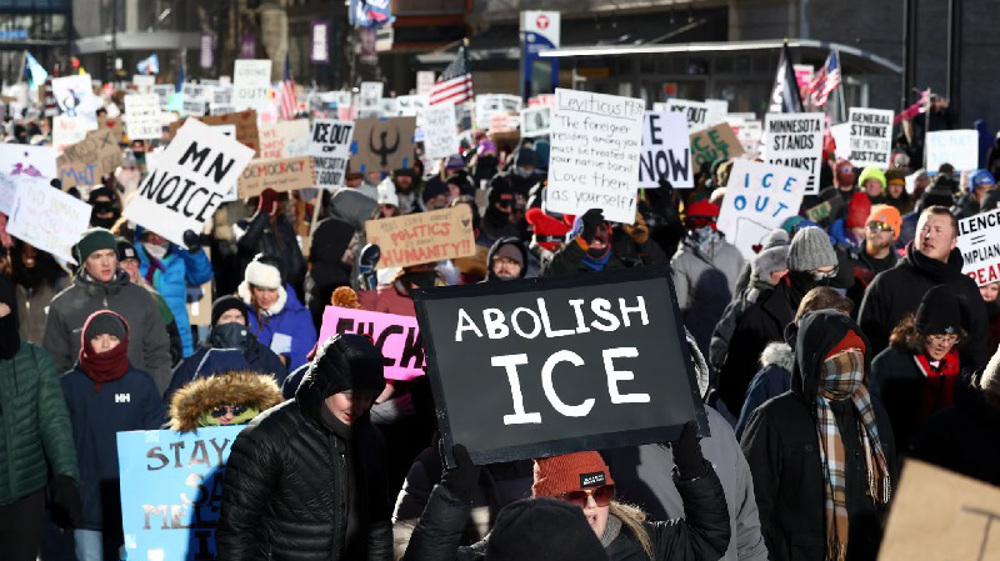





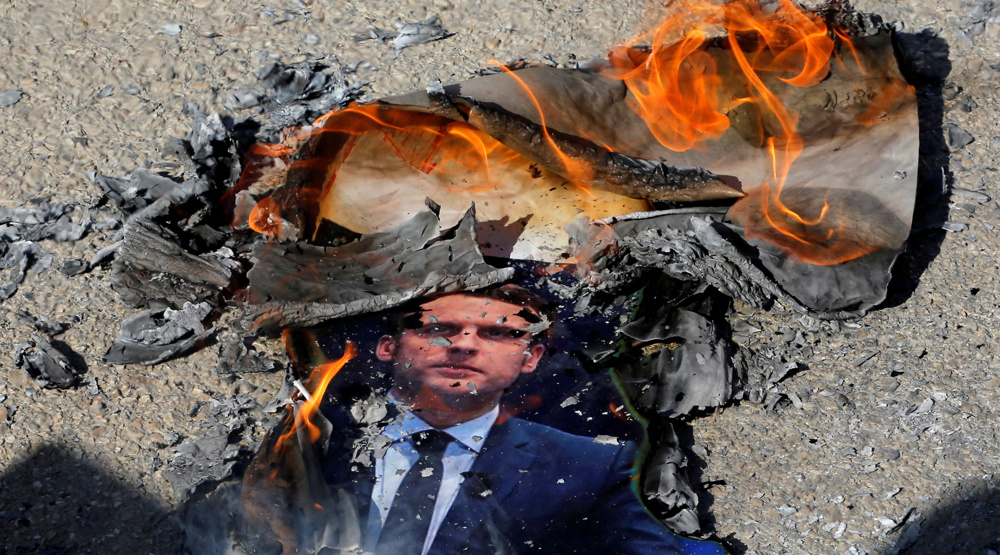
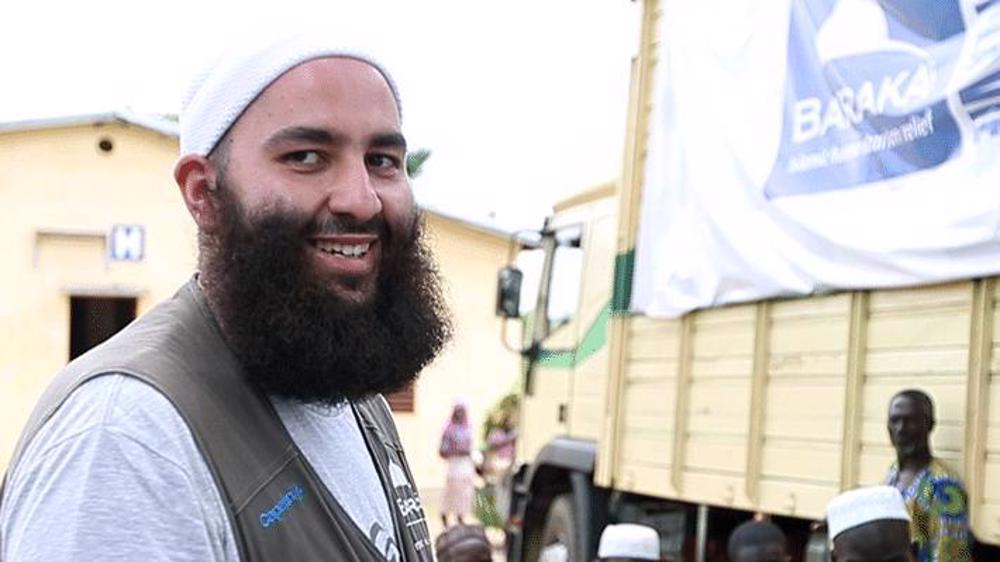


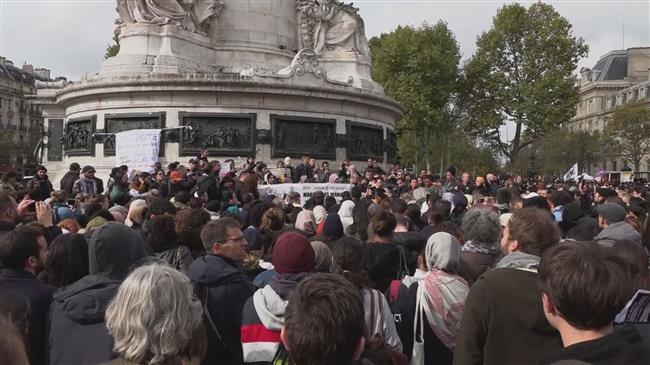


 This makes it easy to access the Press TV website
This makes it easy to access the Press TV website